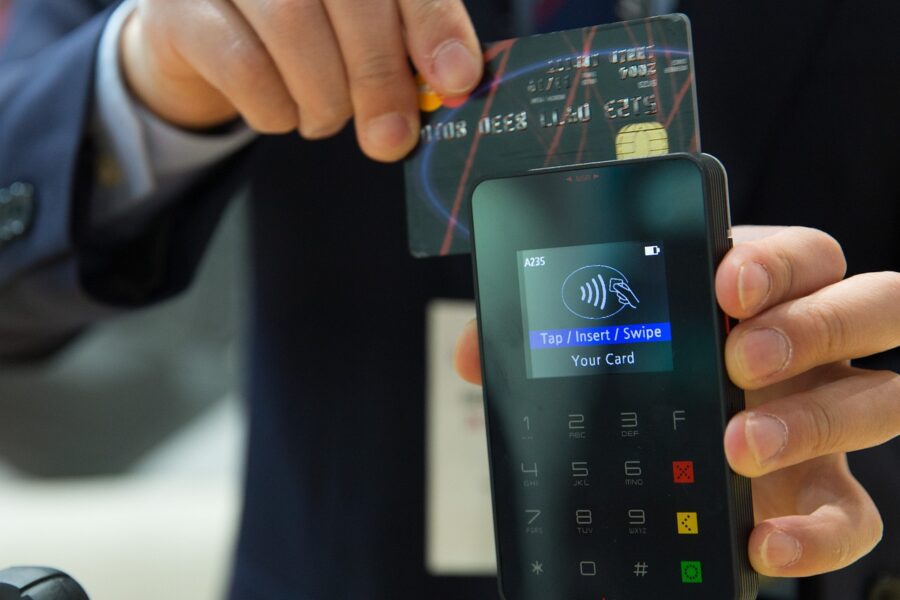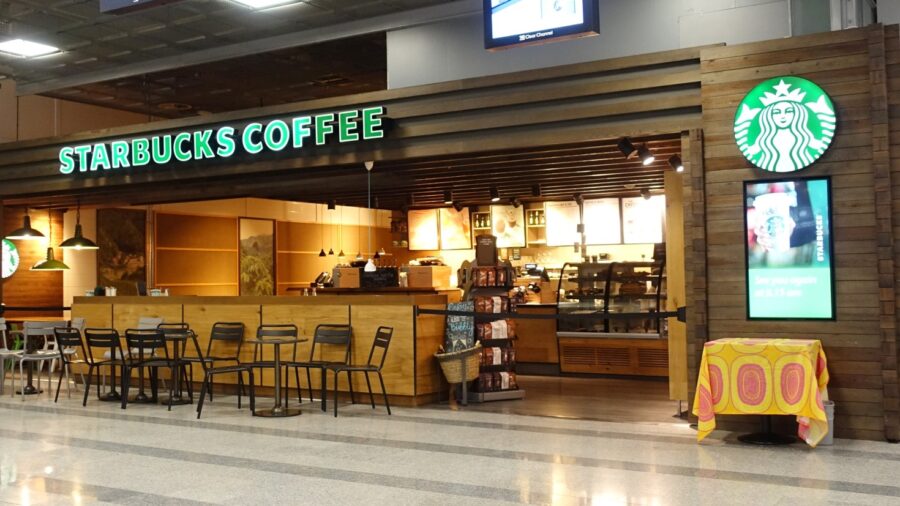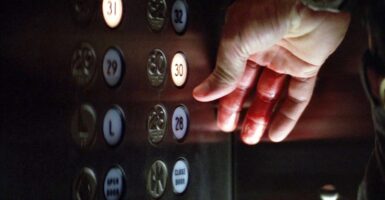Starbucks Allegedly Stole Almost $1 Billion Through Deceptive App

Starbucks is now the center of a complaint to the Washington Attorney General’s office. Allegedly, Starbucks has been using its mobile application to trick users into spending more money on their products than they intend.
The complaint stated that the Starbucks mobile app is set up so that it traps users in a vicious spending cycle. For instance, if a Starbucks Card is low on funds, customers have to either add $10 to the card or just lose the remaining balance altogether.

The company is officially accused of using “dark patterns” in its mobile app to deceive customers and forcibly push them into prepaying for services. The complaint filed with the Washington Attorney General called for action to be taken against Starbucks for their “unfair and deceptive conduct”.
“Dark patterns” are defined by consumer advocates as ways software programs can be used to subtly trick users into doing things they didn’t intend to do. Tricky aspects of an app that lead customers into a wormhole of spending or sharing information without consent are dirty business and should not be condoned by regulatory heads.
Just like Starbucks, Google was the subject of such a scandal recently, and the Washington Attorney General forced the mega-company to pay $40 million as a result of their use of dark patterns. Google was utilizing deceptive location tracking elements and tracking users’ location data without consent or knowledge.
Such practices are illegal and should be prosecuted to the fullest extent of the law, even when it pertains to such a beloved coffee spot as Starbucks. The technology of the world can’t just be run like the wild wild west. There have to be standards, laws, and boundaries in place to regulate the infinite applications brought about by today’s fast-paced technologically driven society.
The Federal Trade Commission is also on the case when it comes to extinguishing the far too common use of dark patterns in business. Starbucks and Google aren’t the only offenders, either.
The FTC highlighted some of the most common dark patterns used in recent years, including hard-to-cancel service subscriptions, hidden junk fees, and tricking users into unknowingly sharing personal data.
The FTC says that their current reports show that more and more businesses are weaving dark patterns into their practices, and the trend is concerning. According to Starbucks, their company is “committed to working with the State of Washington to ensure it remains in compliance with all state laws and regulations”.
This isn’t the first time in recent months that Starbucks has stirred up controversy in the news, either. In October of last year (2023), the coffee giant found itself in the headlines regarding its conflict with the union and its standpoint on the Hamas attacks on Israelis.
If they’re not careful, the iconic company might find itself losing favor with its customer base. Their coffee may be delicious, but it may not be tasty enough to override the backlash caused by stealing nearly a billion dollars from consumers … or is it?
Source: Complaint to Washington Attorney General












